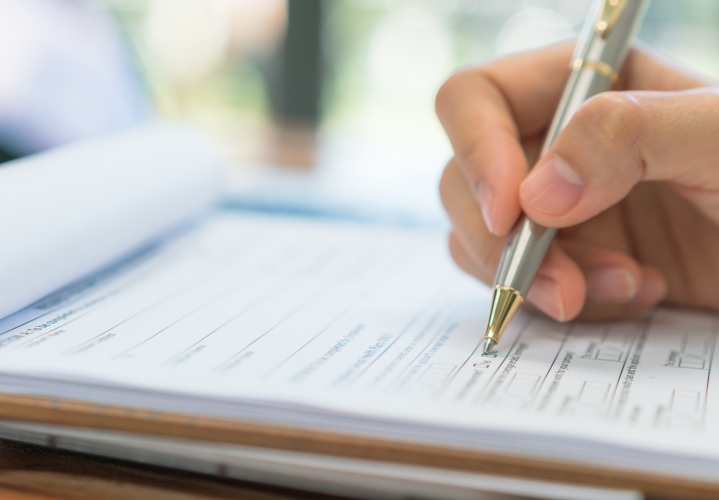Last week HSBC began the process of buying back up to $2bn (£1.5bn) of its own shares, increasing the amount returned to its shareholders to $5.5 billion this year alone. Share buybacks are a useful tool for various reasons, but require careful consideration in order to avoid falling foul of the rules.
We set out below five key questions that a private company should consider before embarking on an own share purchase.
1. Is the company allowed to buy back its own shares and why would it?
A private company may wish to purchase its own shares to:
- return surplus cash to shareholders;
- increase marketability;
- facilitate a shareholder exit (avoiding the need for a sale to a third party or by re-purchasing shares from an exiting employee under an employee incentive scheme); or
- implement a compulsory share transfer in accordance with the company’s constitution.
If the articles of association do not prohibit buybacks, the company can purchase its own fully paid shares provided it meets the strict requirements of Part 18 of the Companies Act 2006 in doing so. There is no maximum number of shares that can be bought back, but at least one non-redeemable share must remain in issue.
2. How can the company finance the buyback?
- Out of distributable profits (this is the simplest option);
- Out of the proceeds of an issue new shares;
- Out of the company’s capital (a payment out of capital is potentially prejudicial to the interests of the company’s creditors, so additional procedural requirements apply. It will often be simpler to instead create distributable profits by way of a share capital reduction, which can then be used to finance the buyback); or
- Out of company cash up to the value, each financial year, of the lower of £15,000 or 5% of the company’s share capital (under a ‘de minimis’ rule).
The company must also decide on a price to be paid for the shares to be acquired. This can be set at any price and may be below nominal value. If a premium is payable, this must generally be paid out of distributable profits. Shares bought by a company as part of a share buyback must be paid for on purchase (no deferred payment terms are allowed).
3. What paperwork is required?
The main documents to draft will be the share buyback contract itself (which must be made available to members ahead of the transaction) and an ordinary shareholder resolution to approve the purchase. If the company’s articles of association require a higher majority, a special resolution may be required.
Private companies can use the written resolution procedure for a buyback resolution but a member holding shares which are to be bought back cannot vote. However, at a general meeting (on a poll vote) such a member would be able to vote in respect of those of his or her shares which are not being purchased.
If the buyback is funded out of capital, additional requirements apply (including a directors’ statement as to the solvency of the company which must be supported by an auditor’s report and a separate shareholder approval).
On every buyback, a return to record the purchase must be filed at Companies House within 28 days (Form SH03 - which must first have been sent to HMRC for stamping with the payment of any applicable stamp duty). Various other Companies House filings will also be required, depending on how the transaction has been financed and whether the shares were cancelled on delivery to the company (see “What is the effect of a buyback?” below).
In addition to the Companies House filings:
- the company’s register of members will need to be updated;
- the buyback must be recorded in the accounting records; and
- the buyback contract must be kept available for inspection for a period of 10 years.
4. What is the effect of a buyback?
Following a share buyback, the shares are generally cancelled and as a result the issued share capital of the company is decreased. If a premium was paid for the shares, the share premium account will also be reduced.
An exception to this is where a company chooses to retain the shares as treasury shares, which it can then resell at a later date. Special rules apply to treasury shares.
5. What are the consequences of getting it wrong?
A buyback that is not carried out in accordance with the Companies Act 2006 is unlawful and the transaction is void. The repurchased shares would be treated as still being in issue and held by the original shareholder(s). This can cause many practical issues if a buyback transaction needs to be unwound. It is also an offence committed by the company and every officer in default (officers in default are liable to a prison term of up to two years or an unlimited fine, or both).
